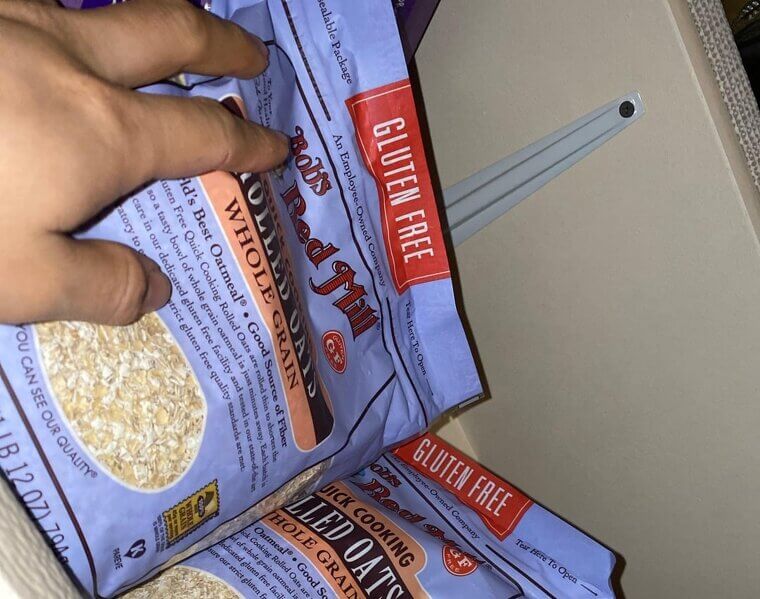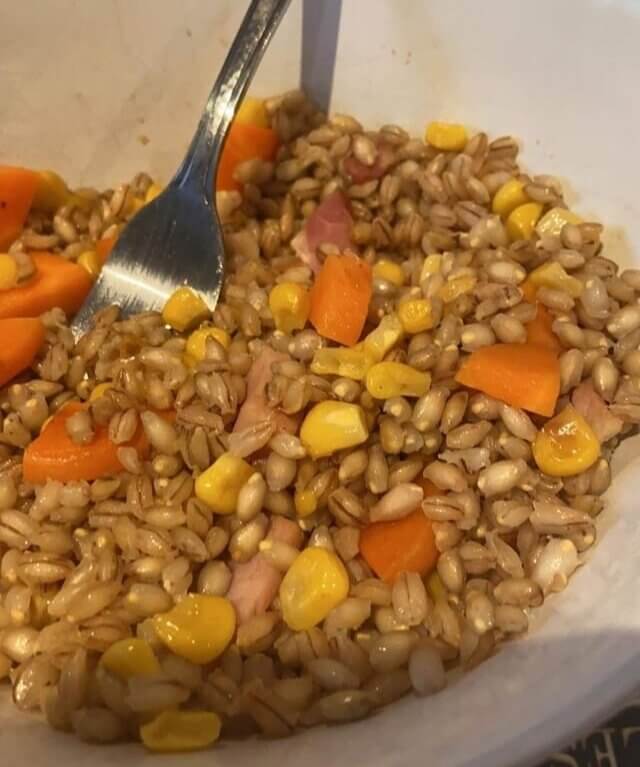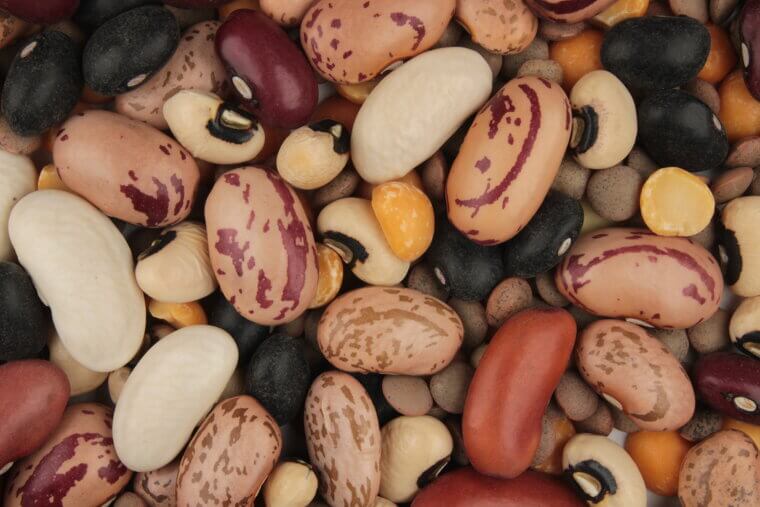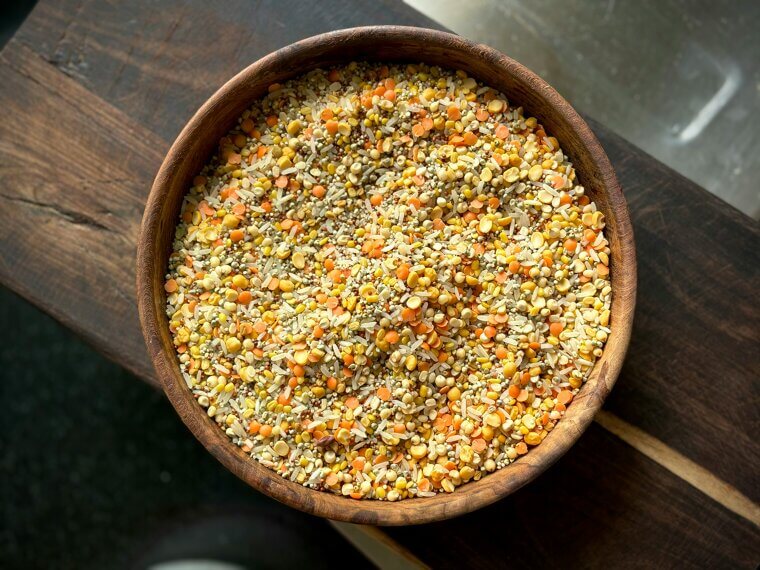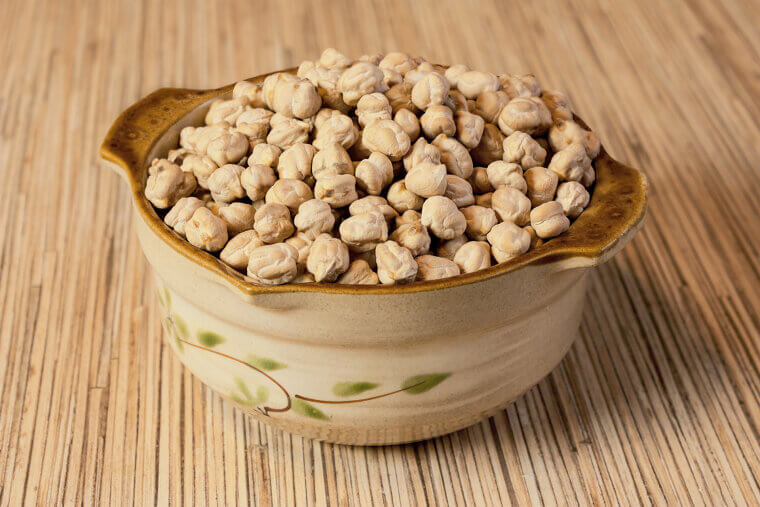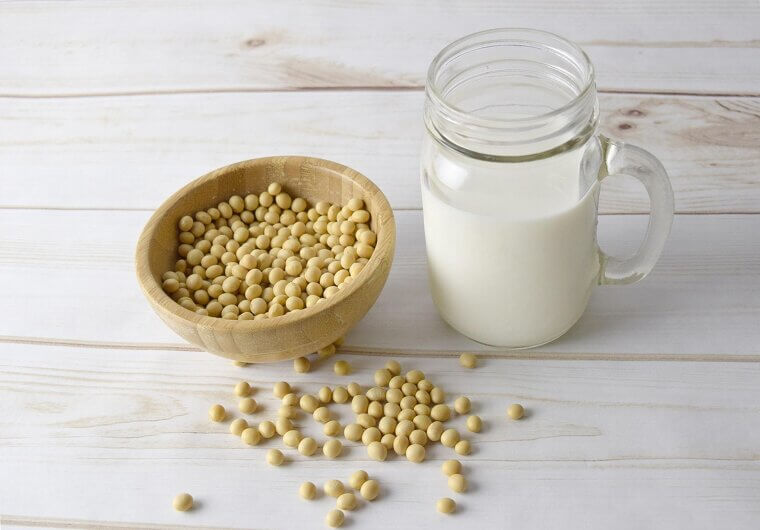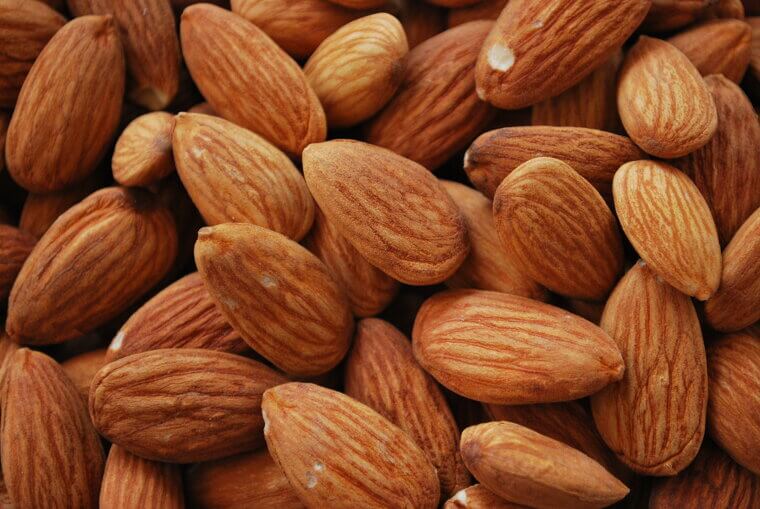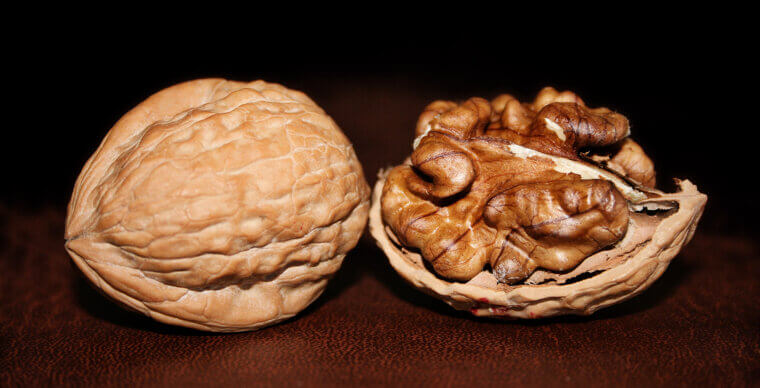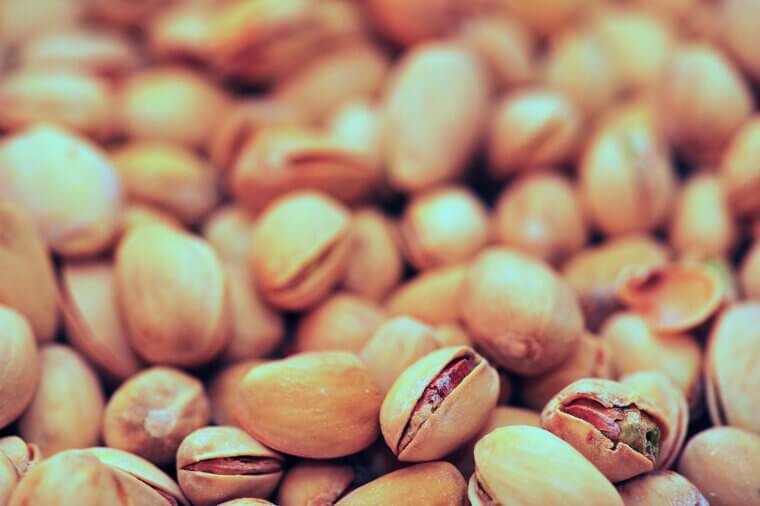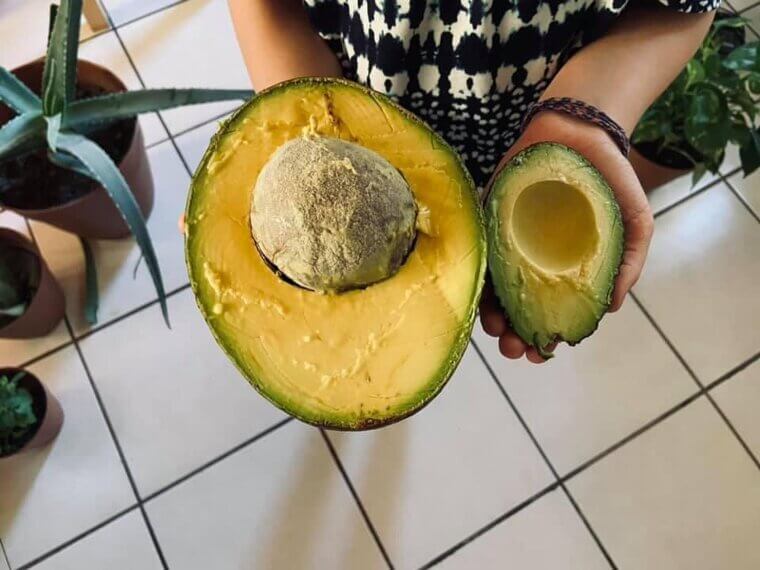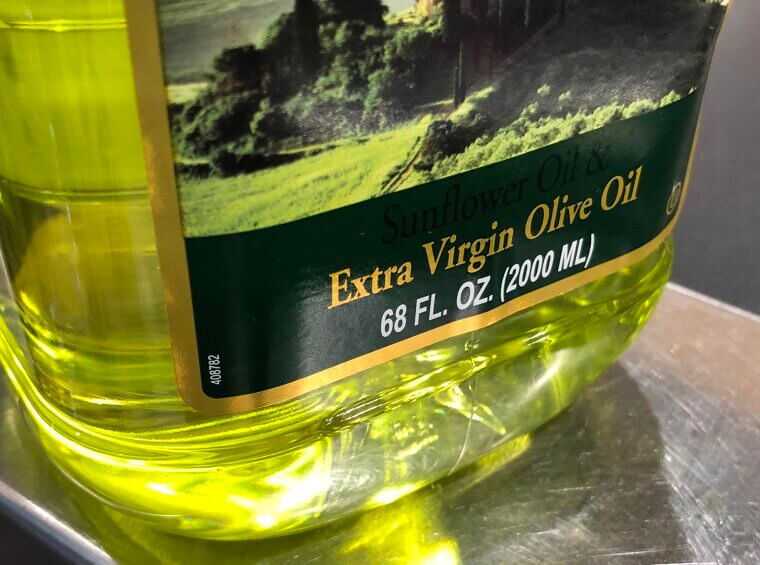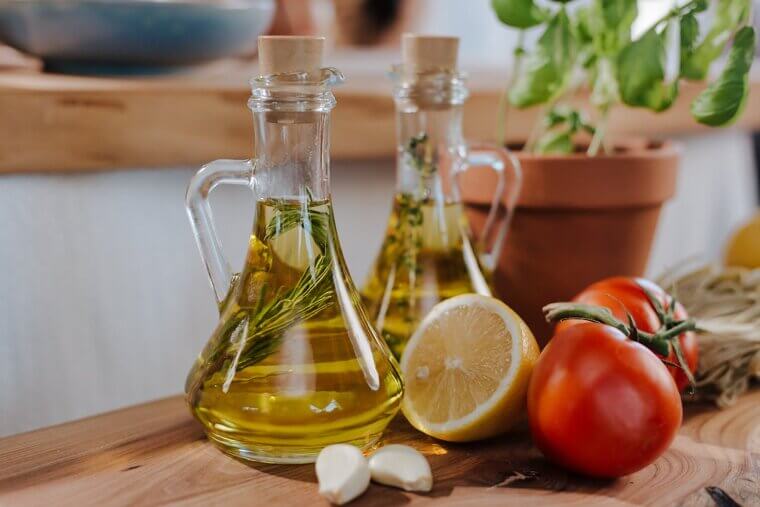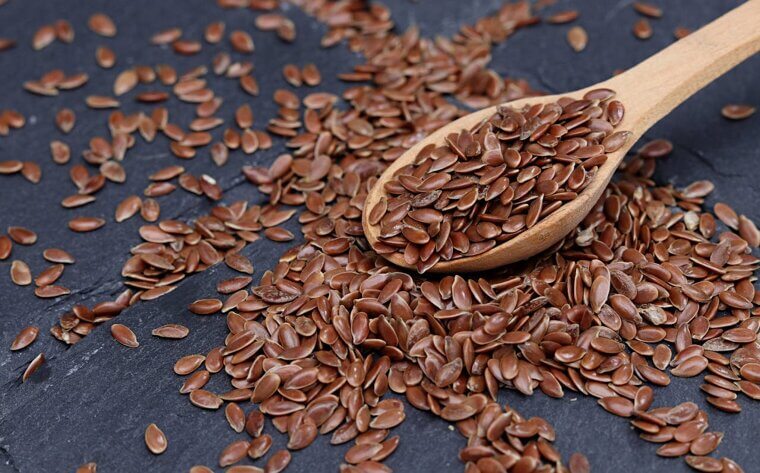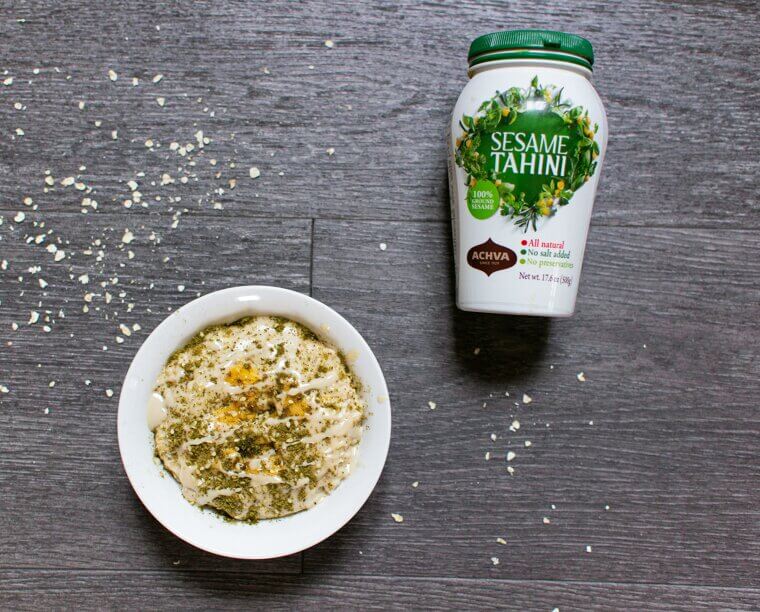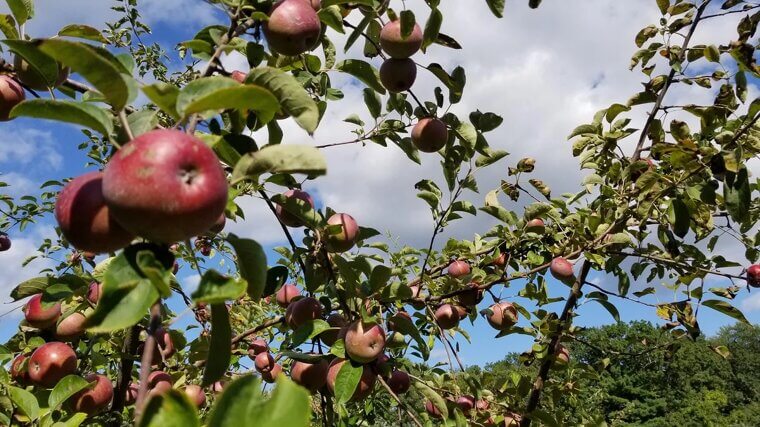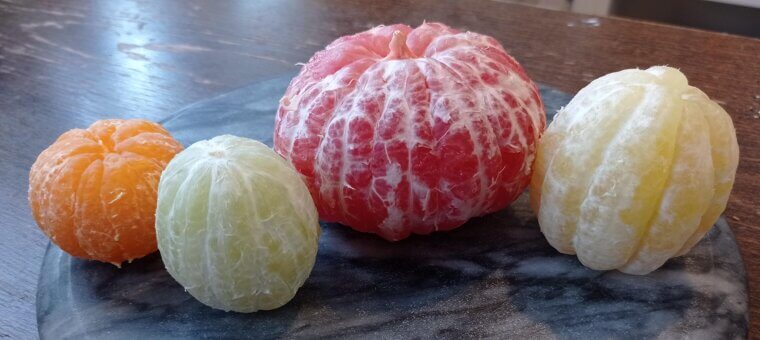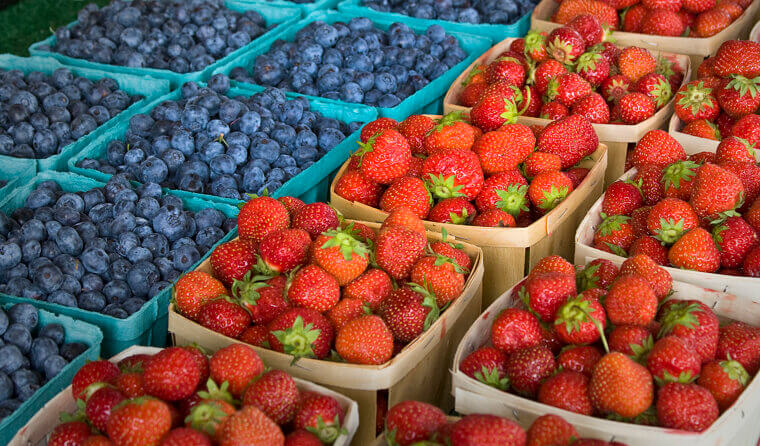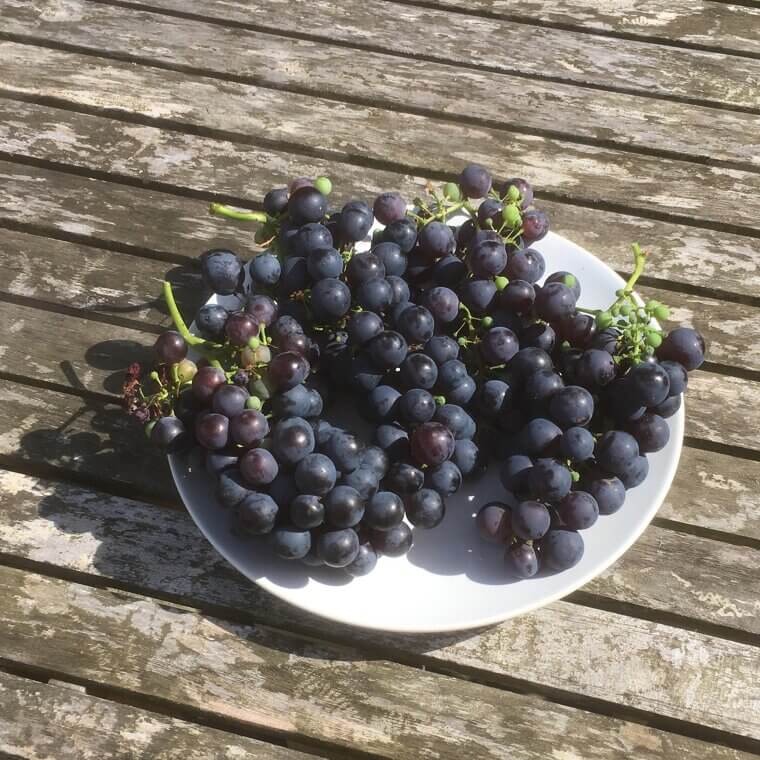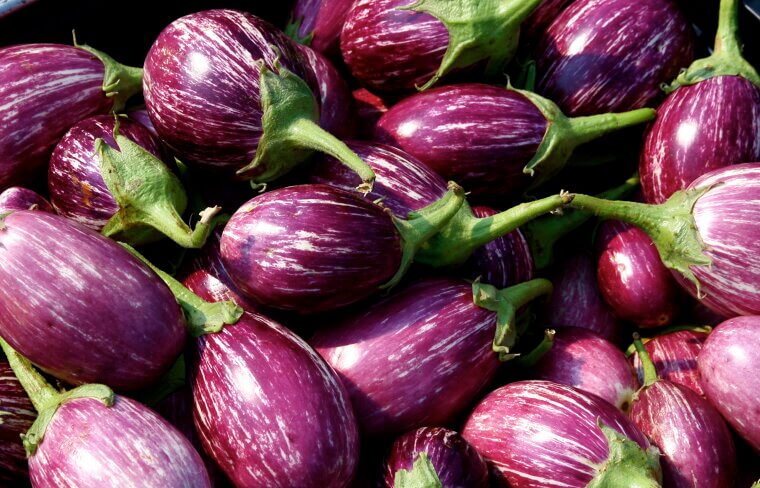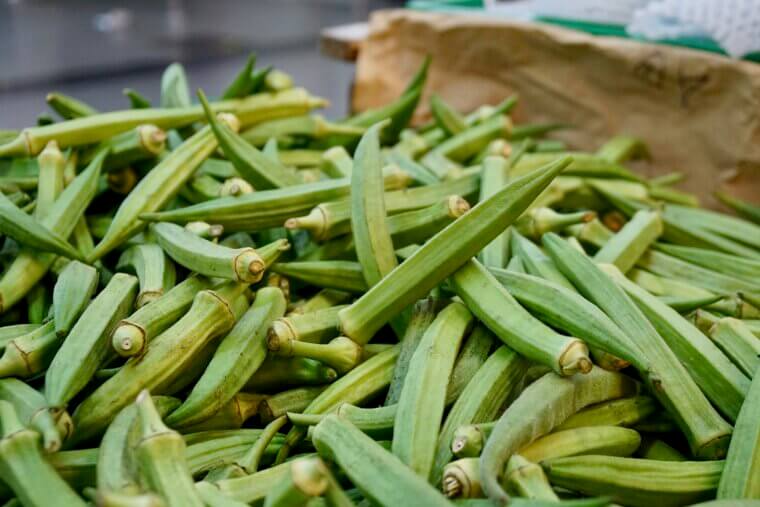Oats & Oat Bran
Oats are not only a warm and comfortable breakfast classic, but are also believed to be highly effective in helping to lower cholesterol. They are rich in beta-glucan, a soluble fiber that may form a gel in the gut, potentially trapping and helping to remove cholesterol.
Barley
Often playing the quiet second fiddle to its more famous cousin, oats, barley is a powerhouse of a grain that deserves a spot in the pantry. It contains the very same superhero soluble fiber, beta-glucan, that is believed to make oats so effective at helping to lower cholesterol.
Beans (Kidney, Black, Navy)
While they might seem humble and unassuming, beans are heroic figures in the plant-based world. They are packed with a special soluble fiber that is believed to actively seek out and cling to cholesterol in your digestive tract, potentially preventing it from ever entering your bloodstream.
Whole grains are good, but legumes and soy might be better…
Whole grains are good, but legumes and soy might be better…
Lentils
Humble in appearance and stature, lentils pack an enormous nutritional punch while being ridiculously versatile. Their soluble fiber content rivals beans’ fiber content, and studies show they may help reduce the body’s LDL cholesterol when eaten regularly.
Chickpeas
Chickpeas are far more than just the base for hummus. They are high in soluble fiber and plant protein, and, like oats, may form a gel-like substance in your digestive system that could act as a natural trap for cholesterol.
Soy Foods (Tofu, Soy Milk, Edamame)
Tofu, soy milk, and edamame may seem like humble soy foods, but they are much more. Soy's proteins and special plant compounds called isoflavones are believed to work to help lower LDL, or "bad" cholesterol, by potentially limiting its absorption in the bloodstream.
Let’s add some crunch to this list…
Let’s add some crunch to this list…
Almonds
Just a handful of almonds a day is believed to be enough to help lower LDL. They are filled with a combination of healthy monounsaturated fats and a special compound called plant sterols, which are considered natural cholesterol blockers that may help limit cholesterol absorption in the gut.
Walnuts
Walnuts are one of the very few plant-based foods to contain a significant amount of omega-3 fatty acids. This, along with their generous supply of monounsaturated fats and plant sterols, is believed to work in tandem to potentially lower the body’s cholesterol.
Pistachios
Green, crunchy, and fun to crack open, pistachios are packed with a special combination of phytosterols and healthy monounsaturated fats. These two are thought to work together to help block the absorption of cholesterol in the gut.
Creamy fruits and oils aren’t bad either…
Creamy fruits and oils aren’t bad either…
Avocado
Smooth, rich, and infinitely Instagrammable, avocados are packed with monounsaturated fats that are believed to help lower LDL and raise HDL. They also deliver a generous helping of soluble fiber and plant sterols, which may help the body eliminate cholesterol.
Extra-Virgin Olive Oil
Extra-virgin olive oil is often considered the cornerstone of heart health. That is because it’s absolutely brimming with monounsaturated fats along with a generous dose of antioxidants, both of which are believed to help reduce inflammation throughout the body.
Canola Oil
Although not as glamorous as olive oil, Canola oil may be just as effective. It is incredibly rich in monounsaturated fats, polyunsaturated fats, and omega-3 fatty acids, a combination that is thought to help lower cholesterol while supporting overall cardiovascular health.
Who knew seeds could lower cholesterol?
Who knew seeds could lower cholesterol?
Flaxseed (Ground)
Though tiny and unassuming, flaxseeds offer a powerful triple-threat combination for the human body, provided you grind them first. Ground flaxseeds are an excellent source of omega-3 fatty acids, soluble fiber, and unique antioxidant compounds called lignans, all of which are believed to help lower cholesterol and maintain heart health.
Sesame Seeds / Tahini
Whether you prefer a humble sprinkle on a bagel or the creamy richness of tahini, sesame seeds can do you no wrong. These tiny seeds are one of the richest natural sources of phytosterols, a special plant compound that is believed to act as a natural cholesterol blocker.
Fruits and vegetables may also have cholesterol-lowering capabilities…
Fruits and vegetables may also have cholesterol-lowering capabilities…
Apples
There is a reason people say, “An apple a day keeps the doctor away.” It’s because apples have a special kind of soluble fiber called pectin, which is thought to form a sticky, gel-like substance in the gut that may help lower cholesterol.
Citrus Fruits
Oranges, lemons, and grapefruits are packed with soluble fiber, particularly pectin. And similar to apples, it is believed to form a gel that may trap and help remove cholesterol from the body. Additionally, citrus fruits are also packed with flavonoids that are believed to help lower LDL as well.
Berries (Strawberries, Blueberries, Raspberries)
The rich, deep hues of red and blue we all love in berries are not just for show; they’re a signal of their powerful compounds. Berries are a great source of anthocyanins and other polyphenols that are thought to help protect against inflammation and potentially lower cholesterol.
And a few underrated gems…
And a few underrated gems…
Grapes
Grapes and grape juice are a great source of flavonoids and other polyphenols, such as resveratrol, which are believed to help fight inflammation and may actively help prevent the oxidation of LDL. This crucial action is thought to help keep cholesterol from turning into arterial plaque.
Eggplant
Eggplants are low in calories and high in soluble fiber, meaning they may have no problem soaking up cholesterol and carrying it out of the body. Eggplants also contain chlorogenic acid, a powerful antioxidant that is believed to help reduce bad LDL cholesterol.
Okra
Yes, it looks weird, slimy, and gooey. But the slimy substance is the real deal. It is mucilage, a rich, soluble fiber that may act as a natural scrubber in the digestive system. It is believed to bind itself to cholesterol-rich bile and may help clear it out of the body before it can be absorbed.

